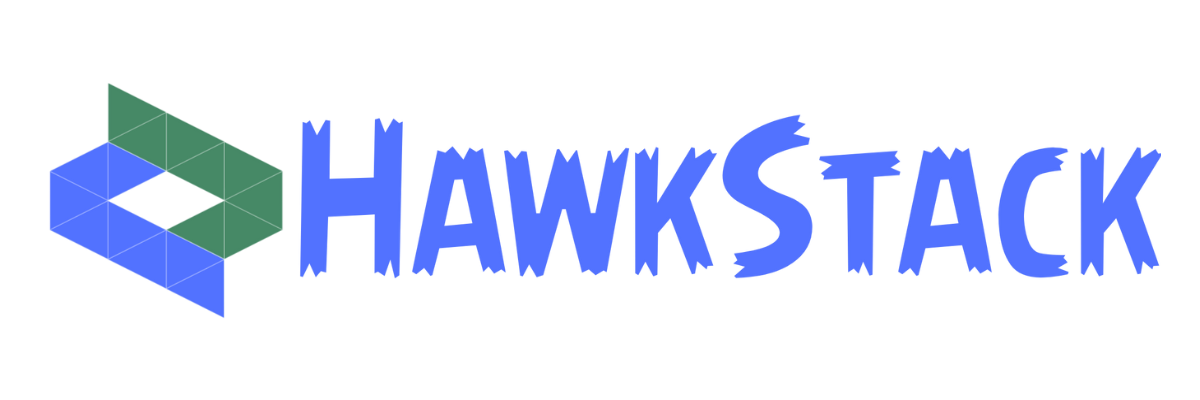Microsoft Windows Automation with Red Hat Ansible Automation Platform
Introduction to performing core system administration tasks by creating and running automation for a Windows Server using Red Hat Ansible Automation Platform.
Course Overview
Ready to simplify Windows Server automation? This course teaches you how to create, run, and manage automation tasks using Red Hat® Ansible Automation Platform 2.4. Perfect for system administrators, DevOps engineers, and developers looking to streamline deployment and management of Windows servers and applications.
Key Takeaways
- Write and manage Ansible Playbooks with Git
- Run automation through the controller’s web interface
- Automate installs, updates, and Windows features
- Use loops, conditionals, and handlers for efficiency
- Manage files with Jinja2 templates
- Automate users, Active Directory, and dynamic inventory
- Build resilient Playbooks with error handling
- Reuse automation with Roles, Collections, and DSC integration
Who Should Attend
System administrators, DevOps engineers, and developers automating Windows server management with Ansible.
Course Outline
Introducing Red Hat Ansible Automation Platform
Describe the fundamental concepts of Ansible and how it is used, and install development tools from Red Hat Ansible Automation Platform
Preparing for Ansible Operations
Prepare Microsoft Windows hosts for Ansible automation and automation controller to run automation on those hosts
Implementing Ansible Playbooks
Write a simple playbook to automate tasks on multiple Microsoft Windows-based hosts, and then run the playbook with automation controller
Managing Variables and Facts
Write playbooks that use variables to simplify management of the playbook and facts to reference information about managed hosts
Installing and Configuring Software
Install, manage, and ensure software is up to date using Ansible Playbooks.Install, manage, and ensure software is up to date using Ansible Playbooks
Implementing Task Control
Manage task execution using loops, conditional tests, and handlers, and recover when tasks fail
Deploying Files to Managed Hosts
Deploy, modify, and manage files on your managed hosts
Reusing Code with Ansible Roles and Ansible Content Collections
Write playbooks that are optimized for larger and more complex projects and that reuse existing automation code
Interacting with Users and Domains
Manage local and domain users and Active Directory domains on managed hosts, and generate a dynamic inventory of managed hosts in automation controller based on domain membership
Automating Windows Administration Tasks
Automate common Windows Server administration tasks
Comprehensive Review
Review tasks from Microsoft Windows Automation with Red Hat Ansible Automation Platform
Impact on the Organization
Automation of Microsoft Windows systems with Red Hat Ansible Automation Platform can reduce the time needed for maintenance windows, ensure consistency in configuration and deployment of servers and applications, and reduce cost incurred due to human error. It also provides a single automation solution that can be extended to management of network administration and Linux systems in the datacenter
Impact on the Individual
Students learn how to create and run automation for Windows Server using Red Hat Ansible Automation Platform, in order to perform core system administration tasks
Students can use automation to perform their tasks consistently, repeatably, and automatically, saving time and avoiding errors that might be caused by performing these tasks manually

